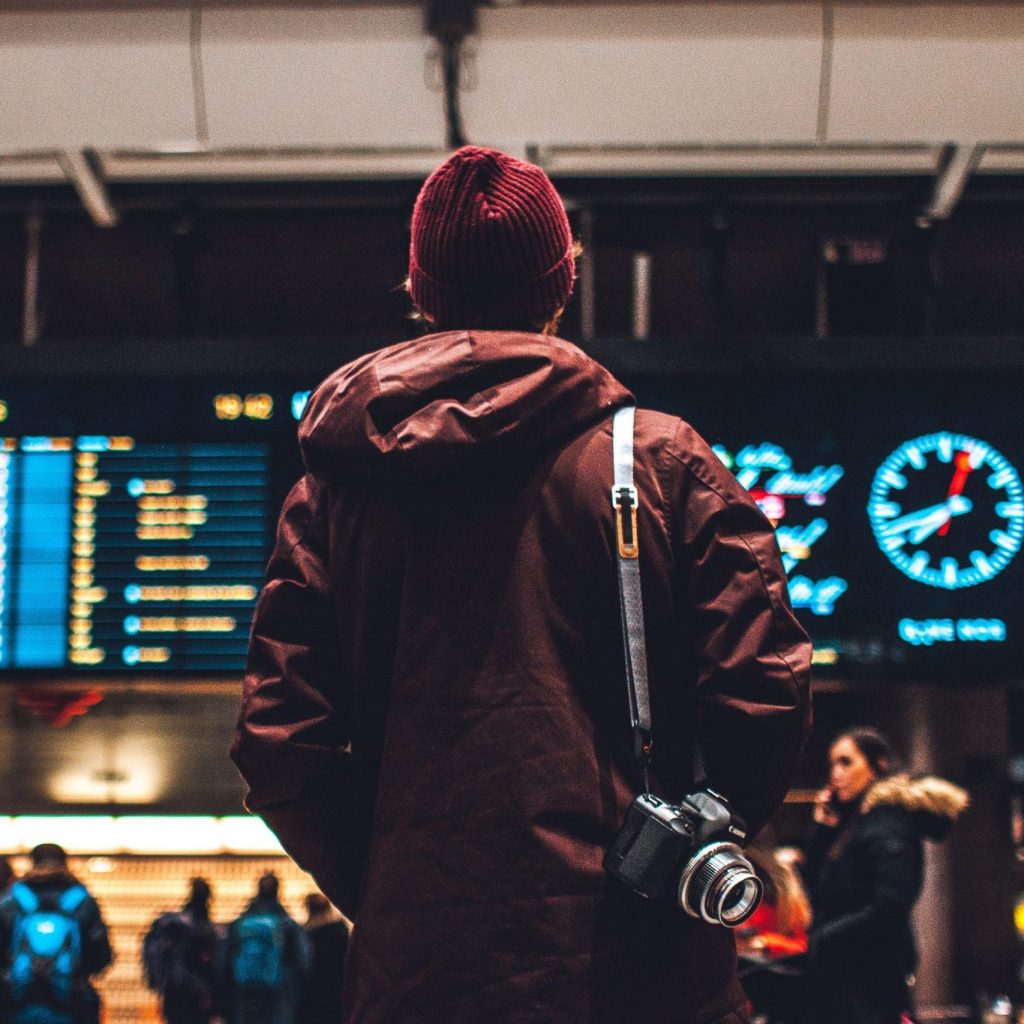
How people move and travel must change in the near future. Humankind is living in the middle of a climate crisis where transportation is one of the most polluting actions. How we travel, why we travel, and when we travel is being questioned. People are used to traveling, but at the same time, digital solutions create new opportunities, where traveling across the world is not necessary for example just because of a meeting. Travelling can be seen as a privilege and pros and cons should be measured on a larger scale than an individual’s own desires. Hence, we need to find new sustainable ways to move around.
Sustainability is a trendy word, especially when discussing traveling and mobility. On a global scale, one-third of the carbon emission comes from transportation (Anagnostopoulou et al., 2020), while in Finland transport accounts for the largest share of the carbon footprint (Akejni et al., 2021). Therefore, the conversation on sustainability is mostly centered on the carbon footprint although it is much more. Also, in the literature sustainability is widely used as a synonym for environmentally friendly, leaving out other aspects of sustainability.
When speaking of sustainability, there are usually three to five domains in the discussion. James and Magee (2016) recognize the following domains of sustainability: ecology, economics, politics, and culture. All the domains of sustainability are present in traveling from the very beginning of the journey to the end. Ecology is related to how we travel, and what is the effect on the environment during the journey and in the destination. One important example of the culture domain is the exploitation of cultures in the name of tourism. Politics shows in how the local people are treated, if it is safe to travel, and how accessibility is considered in the destination. Economics is connected to all of our actions from the beginning of the journey to the end and how we act in-between. Because of this, making sustainable choices while traveling is time-consuming and challenging for an individual. On the one hand, a person does not usually know all the aspects of sustainability listed above. And on the other hand, information is scattered on different platforms.
This autumn, a new research project has been launched to tackle these issues. The project is part of the Sustainable Digital Life Master’s program at Tampere University where students collaborate with pre-selected companies to solve various kinds of so-called “wicked problems” of the present-day with the help of digital solutions. The project at hand is called Mobility & Sustainable Mobile Urban Flow and it is carried out in collaboration with KONE and Solita, within 2021-2023. The project centers on sustainable mobility chains and ethical application design to help solve modern-day, travel-related problems.
This blog follows the project and gives insights from the given topic. Welcome to join the journey!
References:
Akenji, L., Bengtsson, M., Toivio, V. & Lettenmeier, M. (2021). 1.5-Degree Lifestyles: Towards A Fair Consumption Space for All: Summary for Policy Makers. Hot or Cool Institute, Berlin.
Anagnostopoulou, E., Urbančič, J,, Bothos, E., Magoutas, B., Bradesko, L., Schrammel, J. & Mentzas G. (2020). From mobility patterns to behavioural change: leveraging travel behaviour and personality profiles to nudge for sustainable transportation. Journal of Intelligent Information Systems, 54(1), 157-178. http://dx.doi.org/10.1007/s10844-018-0528-1
James, P., & Magee, L. (2016). Domains of Sustainability. Global Encyclopedia of Public Administration, Public Policy, and Governance. https://doi.org/10.1007/978-3-319-31816-5_2760-1